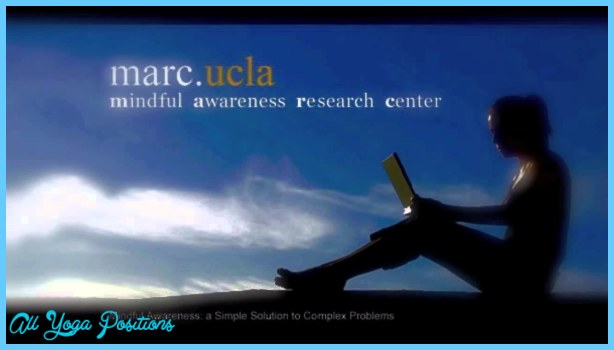Lest some of you have this question in your mind, I shall mention that these devotional practices presuppose a pure, moral life. If you say that your mind is not completely free of immoral tendencies, of worldly tendencies, then I say, try to live your life in the best way you can; restrain yourself, live at least externally a pure life, and as you practise devotion you will find that worldly tendencies lose their vigour. Just as when you do not water or feed the roots of plants they are gradually starved, in the same way, when you have withdrawn your interest from worldly things and have directed it towards God, gradually worldly tendencies, being devoid of nourishment, die out. And just as when you light a lamp in a dark room darkness vanishes, in the same way when love of God grows even in a slight degree in your heart then all those worldly tendencies disappear. Just as darkness is the lack of light, so worldly tendencies, although they seem to be positive things, really speaking are negative; they’re the lack of love for God, and so, as this love of God grows in our heart, to that extent they disappear. But first you should deliberately cultivate moral and unworldly tendencies, because otherwise you will not have even the beginning of love in your heart. You start this way, and very soon you find that by sheer practice of devotion you have become free of all worldliness; your mind has become purified and unified, and out of that will come a spontaneous longing for God.
GOD AND GOD-MEN IN VEDANTA
Vedanta of course believes in God, but the ideas of God that are taught in the Vedanta philosophy and religion are sometimes difficult to comprehend. For example, the idea that God is without any attributes, beyond mind, beyond even the grasp of reason and intelligence seems to many to indicate a sort of agnosticism, because if God is without attributes and if He cannot be reached by the human mind or comprehended by the human intellect, then how can anyone know whether or not He exists? He who is beyond the reach of mind and thought and intelligence is, in fact, as good as nonexistent. That is one of the things that puzzle many who want to study Vedanta.
But having proposed such a God, Vedanta then speaks of God with attributes, and, as such, it speaks of Him as being the creator and preserver and destroyer of the universe which seems rather a contradiction of the first proposition. And, in fact, there Vedantists sometimes halt and say, Yes, God exists and is endowed with all kinds of benign qualities, but we are not quite sure that He is the creator of this universe or that He has anything to do with it.’ For example, in the Brahma Sutras there is a very well-known discussion of how there can be suffering and evil in God’s creation. The conclusion given is that God cannot be held responsible for any evil in this universe, because to ascribe evil to God is to deny the very essence of divine nature. So then they have to explain how all this evil and trouble came to be.










